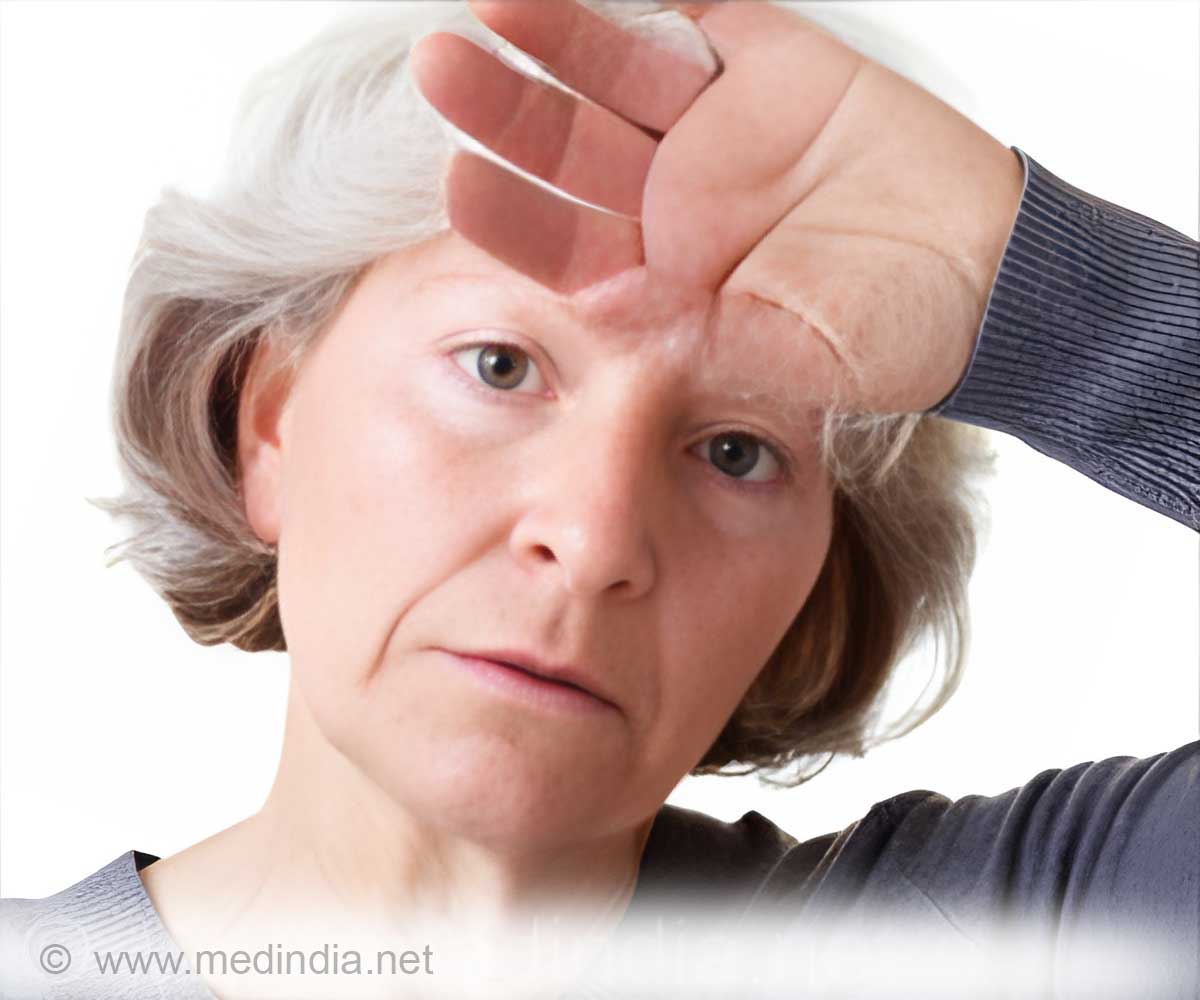Turns out, for women, blood vessel health and the effect of exercise may be related more to menopausal status than fitness.

‘Exercise can play an important role during menopause by maintaining fitness, assisting with weight management, decreasing musculoskeletal complications and boosting morale and mood.’





To investigate the endothelial response to exercise, the research team measured flow-mediated dilation (FMD), a test that measures how blood vessels respond to increased blood flow, before and after participants completed 30 minutes of exercise on a treadmill. Perimenopausal women had higher FMD and their blood vessels dilated faster, indicating better endothelial function, compared with postmenopausal women, when both aerobic fitness groups were combined. Before 30 minutes of treadmill exercise, low and highly fit women had similar FMD. However, after exercise, low-fit women had higher FMD than highly fit women. The researchers also found that when they separated these results by menopausal status, after exercise, low-fit perimenopausal women had the greatest FMD response. These results suggest that low-fit women, particularly those in their perimenopausal years, may benefit from the vascular benefits of exercise.
I Investigators believe that in light of the data showing little vascular responsiveness in highly fit women and the preliminary nature of the findings, additional research is needed to learn more about the relationship between menopause, regular physical activity and cardiovascular aging. The study will be presented at the Cardiovascular Aging: New Frontiers and Old Friends conference in Westminster, Colo.
Source-ANI














